What’s the difference between natural & organic cosmetics?
Natural is good, but organic is even better. Many natural products are grown using harmful chemicals, hormones, and other technologies. Some of these chemicals are quite bad for the environment and human health. The term organic is about growing natural products without using harmful agricultural practices.
However, differentiating between natural and organic is not that simple. Just take an example, a person goes to a supermarket to buy fruits and veggies. Of course, one knows that all fruits and veggies are natural. However, one cannot say if they were grown organically or not.
Similarly, with beauty products, one may read the ingredients list and understand if the product is a natural beauty product. However, just by looking at ingredients, one cannot say if it is organic cosmetics or not.
What are Natural Cosmetics?
A natural product is about what is in cosmetics. Thus, it essentially means:
- All ingredients are of natural origins, like plants and flowers. However, clay and other mineral sources are also regarded as natural
- Synthetic chemicals, even if they imitate natural products, are not natural
- Similarly, genetically modified organisms (GMOs) are not natural
- Although natural minerals are good, petroleum products are not considered natural
- Natural cosmetics should never be tested on animals and must be cruelty-free
- Processing should not modify the properties of ingredients significantly
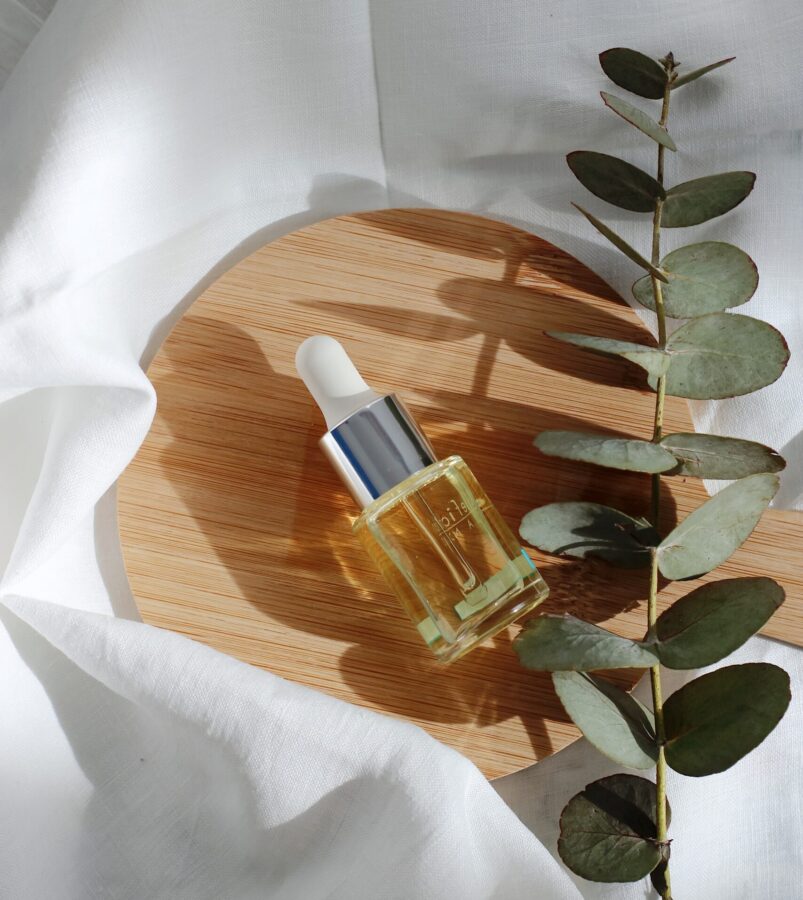
However, it is worth understanding that naturalingredients might go through a lot of processing in many cases. For example, essential oils are natural products. Nevertheless, they are extracted through complex processes.
Further, it is worth knowing that the product can generally be called natural if it contains 95% or more natural ingredients. Other 5% could be non-natural substances, but it does not mean harsh or harmful chemicals. This 5% could be highly processed natural substances or even synthetic substances known to be safe, like vitamins.
What are Organic Cosmetics?
Organic cosmetics are still natural. Thus, they have all the qualities of natural products as mentioned above. However, organic beauty products have some added requirements, making them even safer.
- Thus, organic products are natural products. However, natural ingredients must be grown and processed without the use of artificial fertilizers, chemicals, pesticides, herbicides, and other harmful chemicals
- They should be free from parabens, sulfates, synthetic chemicals, synthetic colors, and fragrances
- Such products must be free from antibiotics
- Nevertheless, some natural fertilizers are permitted for growing ingredients
- Further, the ingredients of these products must be grown by using sustainable land management
Here it is vital to understand that checking if a product is organic or not is quite complicated. For example, it isn’t easy to understand what agricultural methods were used while growing. Similarly, traces of pesticides may be challenging to check.
Thus, for example, European Commission does not consider cosmetics within the scope of organic certification. However, many private companies, organizations, and labs specialize in the certification of organic beauty products. Since organic certification is so complex, certification of organic cosmetics tends to be expensive.
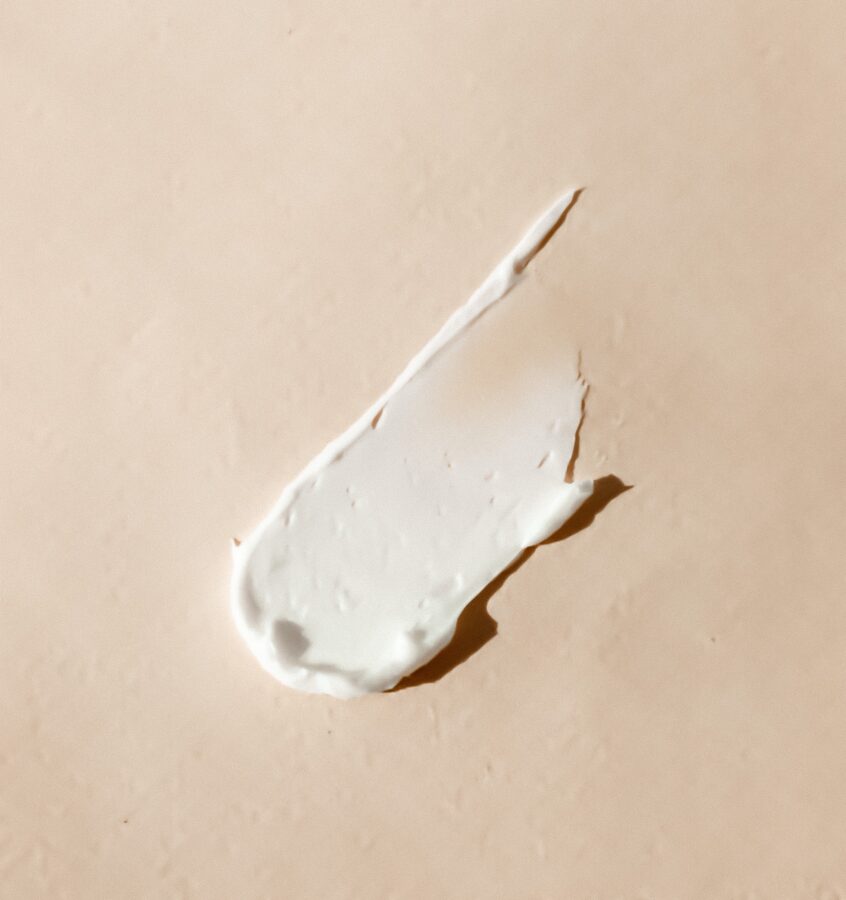
The process of making Natural & Organic Cosmetics
The process of making natural or organic cosmetics would not differ. The primary difference between the two is in the quality of ingredients.
Thus, both natural and organic cosmetics use natural ingredients, extracts. However, organic cosmetics use natural ingredients that were cultivated using organic methods. Therefore, organic cosmetics are less likely to contain antibiotics, traces of pesticides, and other harmful chemicals.
Once the ingredients have been sourced, both the products would be made quite similarly. It would usually involve mixing the products, testing for quality, packing, etc.
Additionally, there would be a difference in the certification process of both these products. Natural products are difficult to certify, but certification of organic cosmetics is highly challenging.
What is the difference between Natural & Organic Cosmetics?
The difference between the two is minute and yet considerable. Both the products may look quite similar and may have precisely identical ingredients. Both natural and organic cosmetics are made up of natural ingredients like plant extracts. Thus, one cannot understand the difference between the two by reading the product label.
However, the primary difference between the two is in the quality of ingredients used. Their ingredients are grown or cultivated in absolutely different ways.
In the case of natural cosmetics or natural beauty products, ingredients may be grown by using fertilizers, pesticides, herbicides. This results in a higher harvest. Which ultimately means the lower cost of such ingredients. However, such cultivation methods are harmful to the environment. Further, they may have traces of toxic substances like pesticides.
Organic beauty products or cosmetics are made from natural ingredients grown without using chemical fertilizers or pesticides. As a result, these products are produced more safely and sustainably. In addition, such agricultural practices are less likely to harm the environment. Since no toxic chemicals were used during cultivation, organic ingredients tend to be safer.
However, it is worth understanding that sometimes there may not be any difference between natural and organic products. For example, not all chemical fertilizers or pesticides are harmful to human health or the environment. Many chemical fertilizers have organic compounds that are commonly found in nature. Similarly, most pesticides are pretty unstable in the environment, and they degrade quickly, leaving no traces.
Further, it is worth understanding that not everyone is supportive of organic products. Organic cultivation may use sustainable farming methods, but they cannot sustain the global population or requirements due to low harvest. Additionally, not using pesticides, herbicides, fungicides may mean poorer quality of some ingredients. Thus, organic produce also has its downsides too.
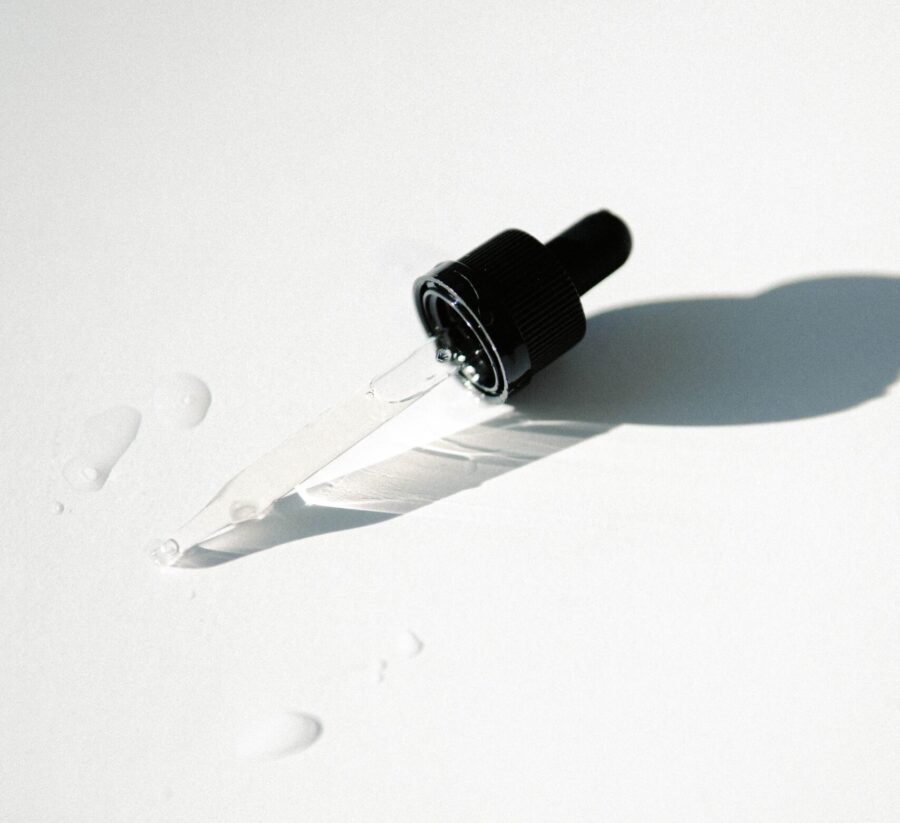
What are the best natural & organic skincare products?
There are many producers of natural & organic products. Here is some information about such skincare products. It may be helpful both for consumers and may motivate those looking to start a cosmetics business using natural and organic ingredients.
100% pure makes a range of organic and natural skincare products. One may find eye creams made from organic coffee beans, mascara made of natural pigments, and even hair colors that use extracts of coffee and other natural sources. Neem hair shampoo is quite suitable for improving hair health ad preventing dandruff. They use ingredients certified as organic by USDA and packed in recyclable packaging.
Credo beauty is also a fantastic source of natural and organic products. They have everything from lip balm, creams to various other natural skincare products. They ensure that their products are free from harmful chemicals, something the company calls the dirty list of products. In addition, their products are cruelty-free and not tested on animals.
Juice beauty has gone even a way forward. Their ingredients are certified organic by USDA, and all packaging is recyclable. They also use wind or solar energy in their production plants. Thus, they ensure that their products have a minimum carbon footprint. It is an excellent example of how the beauty industry can produce amazing, safe, natural products without polluting the planet.
Naturopathica is a European producer of natural and organic skincare products. They focus, particularly on the ancient herbal recipes. They have an excellent collection of skincare products like facial masks, products to fight acne, and much more. In addition, they have Ecocert, which is a European certificate for organic ingredients.
Either organic or natural, Essentia Pura has got you covered. Complete the contact form here and we will try to meet your needs in the best possible way!
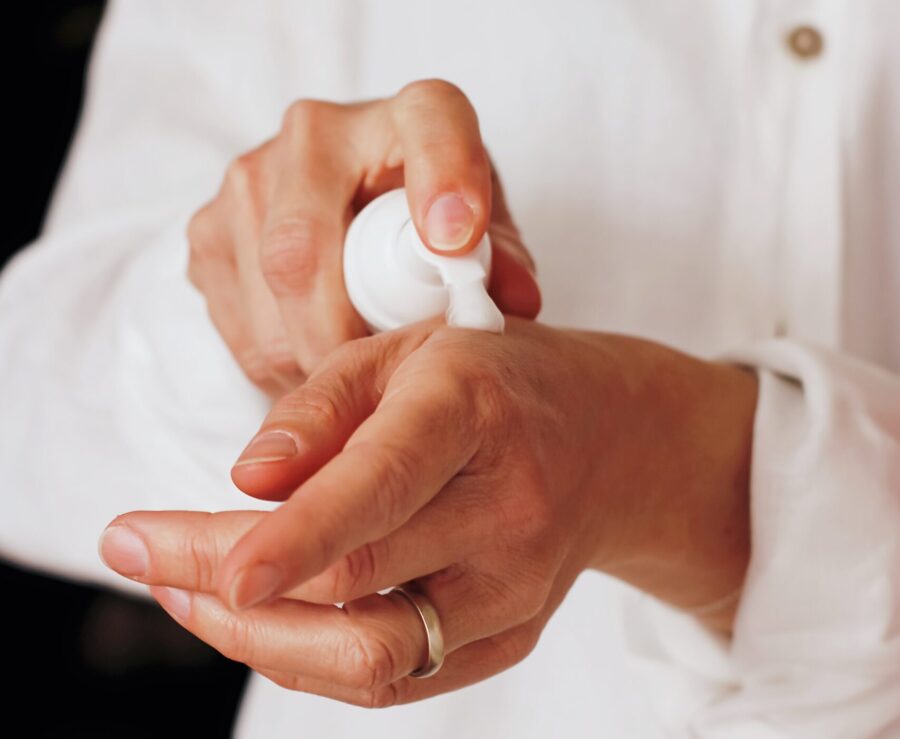
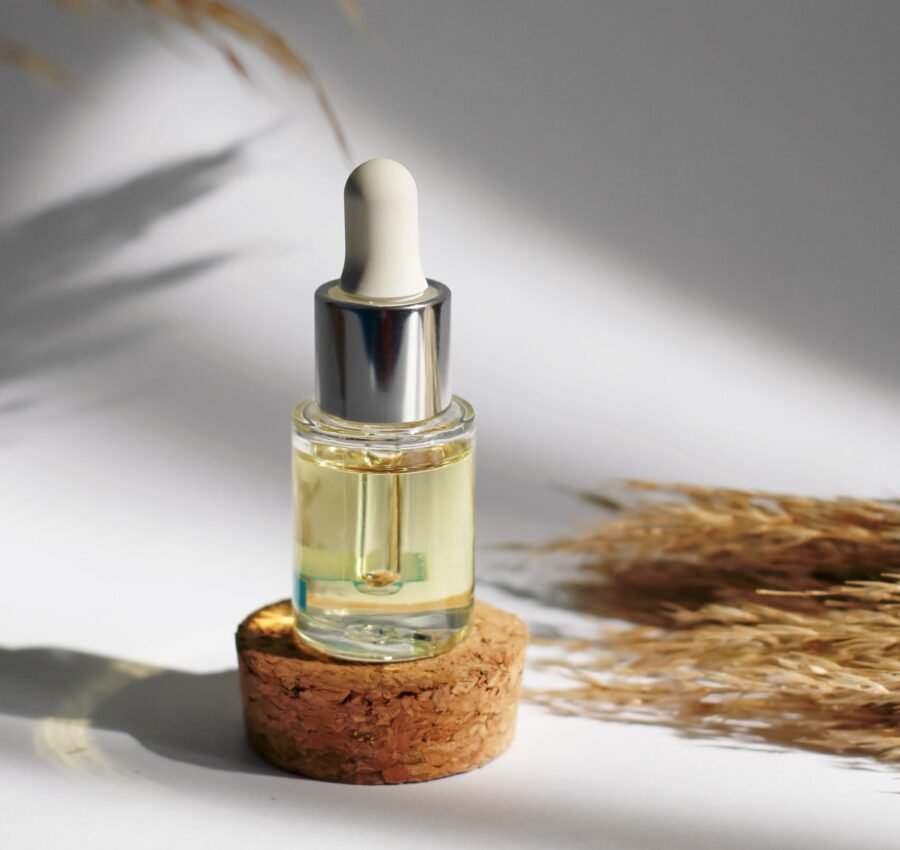
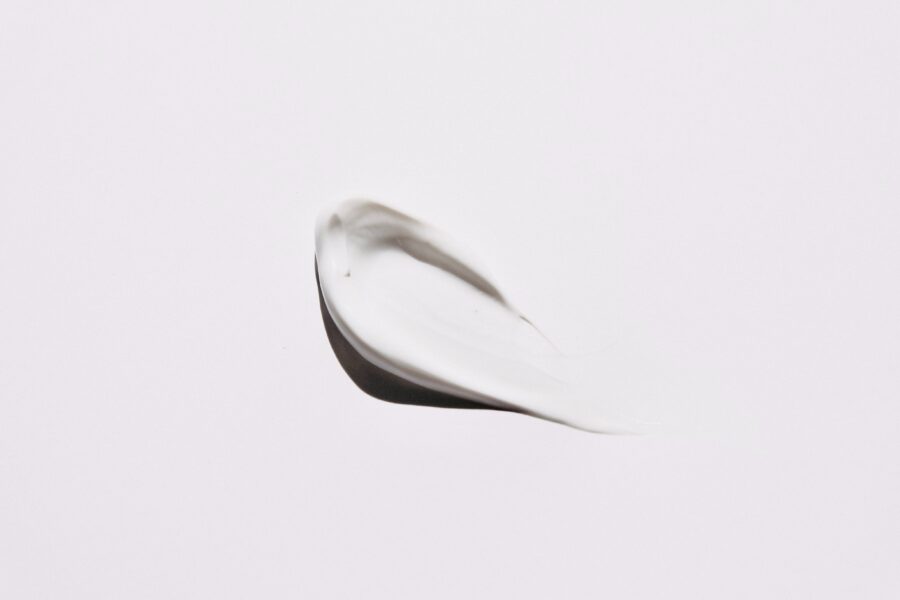 organic beauty cosmetics are
organic beauty cosmetics are 